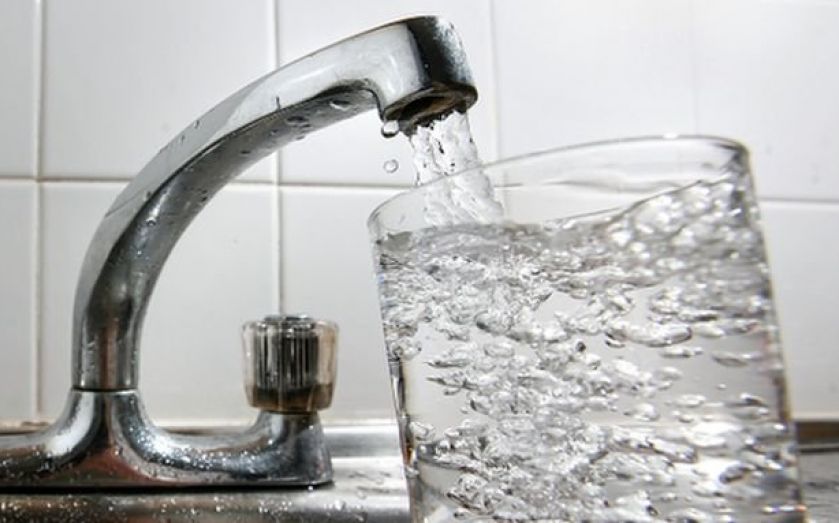| Updated:
Cost of household water bills in UK set to drop by £20 over next five years

The cost of water bills for households in England and Wales is set to fall by an average five per cent over the next five years, under a new rule being introduced by industry regulator Ofwat.
Before adjustments for inflation, average bills received by home owners across the two countries will fall to £376 by 2020 – £20 lower than the current average of £396.
The rule is based on plans submitted by 18 water and sewerage companies earlier in the year outlining new proposed costs and prices. It is set to come into effect in April 2015, so long as the companies accept Ofwat's final decision and do not seek referral to the Competition Markets Authority.
Initial plans put forward by the companies had asked for a two per cent cut in average bills, and Thames Water, the largest UK water company, had made a request to actually increase household charges by three per cent between 2015 and 2020 to fund its super-sewer project. Ofwat rejected the request.
Jonson Cox, chairman of the industry regulator, said it was “bringing down bills so customers can expect value for money, while investors can earn a fair return".
Additionally, water companies have been instructed to invest more than £44bn in improving services over the five-year period.
"With bills held down by five per cent and service driven up over the next five years, customers will get more and pay less," said Cathryn Ross, chief executive of Ofwat.
"Where companies stepped up to do the best they could for their customers we did not need to intervene, but where companies fell short we stepped in to make sure customers get a good deal," she continued.
Anglians will save the most
Those in East Anglia will save the most, with an average drop of 10 per cent over the five year period. Northumbrians will see the smallest change to their bills, which will drop just one per cent.
The people due to have the least expensive annual bills by 2020 are those in Severn Trent, who will pay £316 per household.
What investors should know
While the cut in customer payments will make it more difficult for water companies to raise profits, Ofwat is expected to offer more rewards to to the water companies that manage to meet their targets for improved services, such as leakage reduction and increased supply.
This in turn could help investors earn better returns from the water companies, according to James Brand, utility analyst at Deutsche Bank.
“While the regulator will cut the allowed return for the 2015 to 2020 regulatory period, increased flexibility around cashflows should help to support attractive payouts,” he told The Telegraph.
“Although uncertainties around regulatory reviews often lead to a hiatus in bid activity, the trend of listed water companies being acquired by infrastructure funds is clear in our view.”